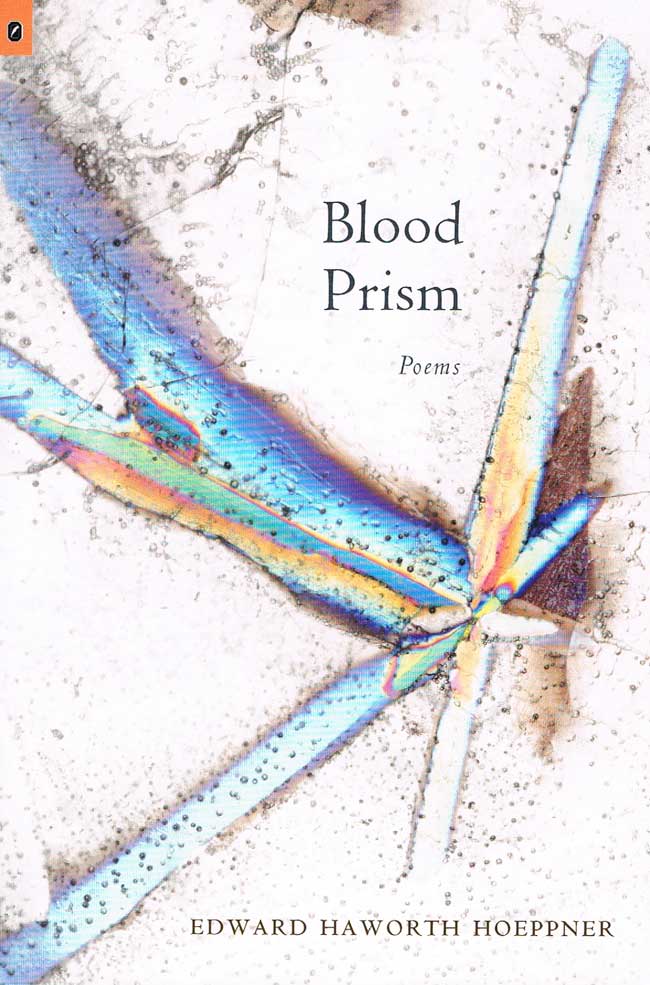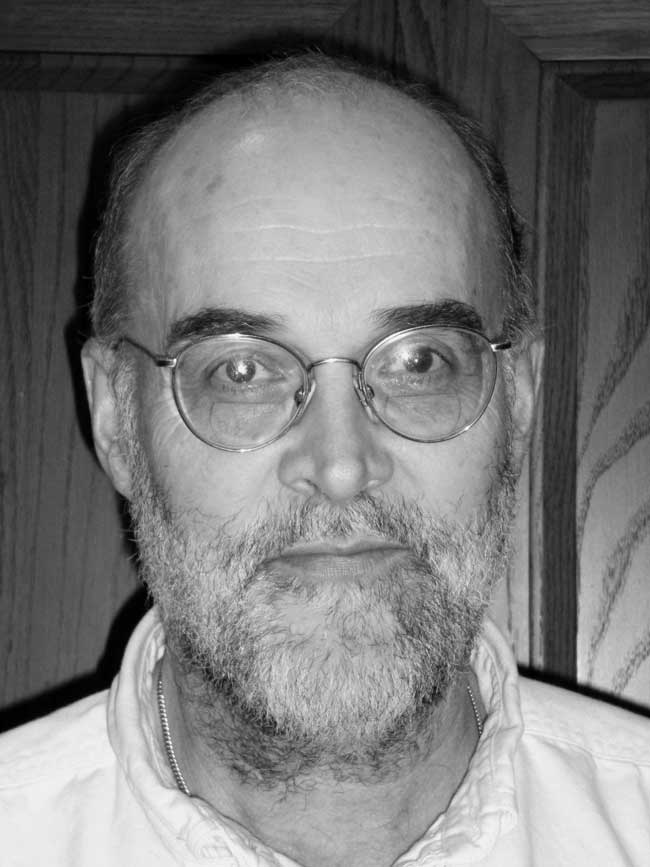|
Finalist of the Kingsley Tufts Poetry Award 2013 Blood PrismEdward Haworth HoeppnerThe Ohio State University Press/The Journal Award in Poetry |
 12/6/2011 Poetry/American 86 pp. 6x9  $17.95 paper 978-0-8142-5181-2 Add paper to shopping cart $17.95 PDF ebook 978-0-8142-7072-1 Add PDF ebook to shopping cart Shopping Cart Instructions Review/Change Shopping Cart & Check-out | |||
|
Table of Contents
Explore More |
“Driven by ‘the powerful need to comprehend’ and the wisdom that there’s ‘Nothing unless something burns,’ Edward Haworth Hoeppner in Blood Prism sets his imagination against a staggering array of subjects—all linked by ‘damage [,] the song that binds us.’ It’s blood’s song in the end. Blood of family, of war and weapons, politics, of abundance, of fear and joy, the ordinary day. In angular and artfully constructed poems, Hoeppner expertly guides us through this very human world with lines that ‘gnarl and slick’ before ‘breaking into fire.’” —Dennis Hinrichsen “The scrutiny of the past and happenstance rarely yield such rich returns as they do in Hoeppner’s poetry. These are richly wrought and deeply satisfying works in words.” —Thomas Lynch The poems in Blood Prism span a lifetime. Its three sections, “Memory,” “Politics,” and “Age,” frame meditations on a violence-blotched world with reflections on the author’s childhood and conclusions about a decades-long life of writing. “I’m 60 and still . . . alive in this world, with love and with its palindrome,” one poem says. And the argument of the book turns on that precise puzzle: on evol, invoking as it does both evil and evolve, both human wrong and life as something more than mere survival. In a variety of styles—prose poems, standard and dislocated forms—Hoeppner uses “blood” to represent family and history, his surprising and richly imagistic language rendering the emptiness he calls imagination “into remains. Into what persists.”
| |||


 Edward Haworth Hoeppner
Edward Haworth Hoeppner